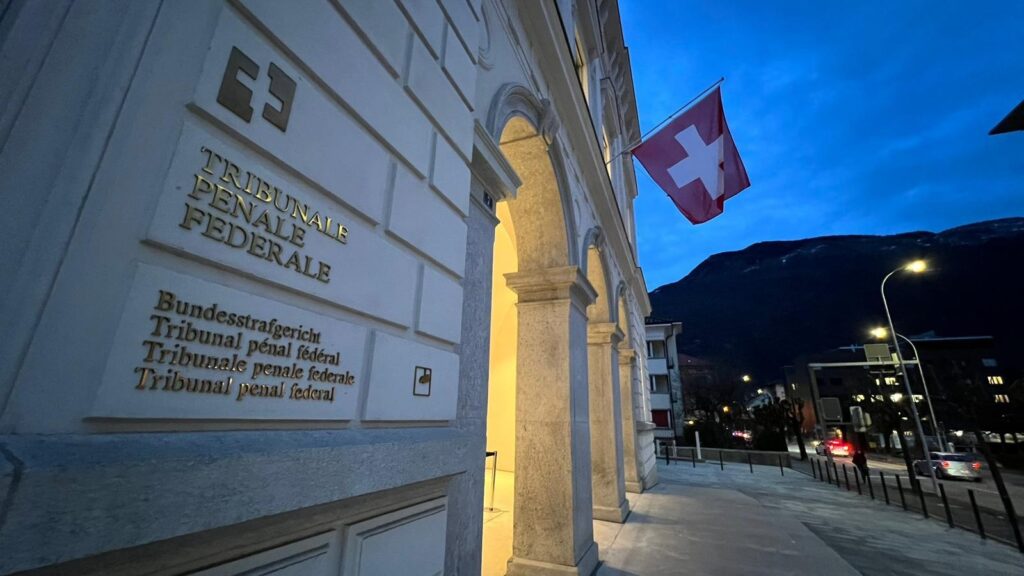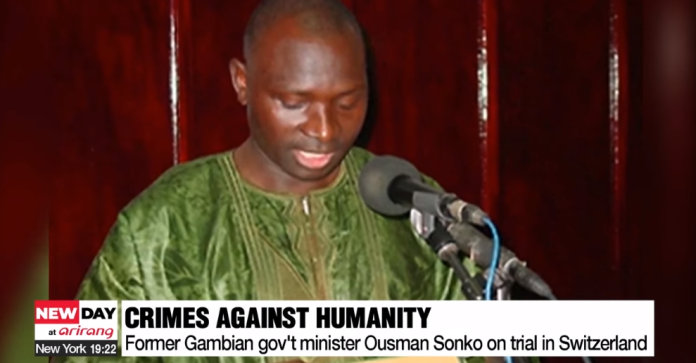
8th January 2024 16:26
Day 1: The trial begins
The trial of Ousman Sonko opened today, 8 January 2024, at 9:00 AM before the Swiss Federal Criminal Court, where three judges will be examining the former Gambian Minister of Interior’s responsibility over the numerous crimes against humanity that he is accused of having committed between 2000 and 2016.
Ousman Sonko is present in the Courtroom, seconded by his lawyer and the defense team. Five plaintiffs are also present, while others will join at a later stage of the proceedings. They will be heard over the next two weeks.
In the framework of procedural and organizational questions at the opening of the trial, the plaintiffs’ lawyers notably requested that the electrical chocs imposed on genitals of a victim in March 2006 should not only be considered as torture, but also as independent acts of sexual violence committed within the frame of crimes against humanity. The Court was also requested to examine the charges pressed against Ousman Sonko as aggravated (art. 264a par. 2 of the criminal code), notably given the high number of persons affected and the cruel nature of the acts. The attention of the Court was then raised on the fact that, should the provision repressing crimes against humanity (art. 264a of the criminal code – in force since 1 January 2011) not be applicable retroactively to pre-2011 facts, the International Convention against torture would in any case find application given its ratification in the 1990s by Switzerland.
The defense first criticized the indictment’s extension – where the detention conditions of the plaintiffs in 2016 were added to the charges against Ousman Sonko – and requested that such amendments should not be taken into account by the Tribunal, as a result of procedural violations of the law that allegedly took place during the amendment process.
It was then contested that the Swiss Court has jurisdiction to prosecute Ousman Sonko for the facts that took place before 1 January 2011 and it was claimed that the provisions that entered into force at that time to repress crimes against humanity should not be applied retroactively. Thus, the defense requested the pre-2011 facts to be left out. It was added that most of these charges were time-barred and should be dropped.
In a fourth critique, the defense pleaded for evidence material to be removed from the casefile. In particular, according to the defense, numerous witness hearings as well as filed material had been collected in violation of procedural requirements.
The defense also called for the proceeding’s full interpretation of the trial in English in the interest of Ousman Sonko.
Upcoming next: Federal prosecutor and plaintiffs’ lawyers to take the stand and answer to the defense arguments.


